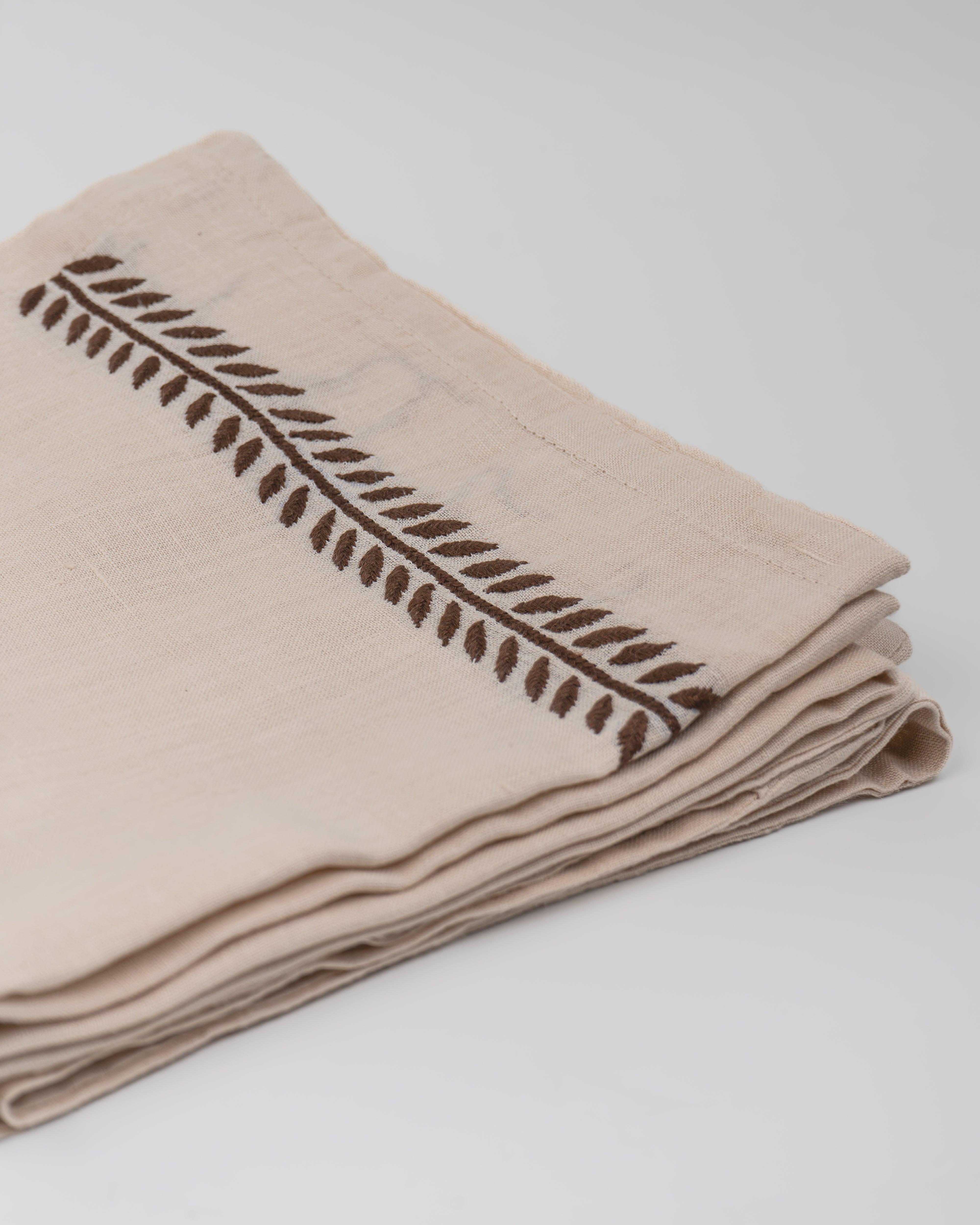
The Linen Difference: How Linen Fabric Transforms Sleep
Introduction
In our quest for a better night's sleep, the focus often lands on the latest gadgets and supplements. Yet, one of the most influential factors for quality sleep is something far simpler: the fabric of our bedding. Linen, a natural fabric known for centuries, has unique properties that make it particularly beneficial for enhancing sleep. This blog explores why linen is an excellent choice for bedding and how it can help you achieve a more restful night.
The Nature of Linen
Linen is made from the fibers of the flax plant, a versatile crop that has been cultivated for thousands of years. The process of turning flax fibers into linen is labor-intensive, which contributes to its premium quality and feel. Linen fabric is valued not only for its aesthetic appeal and durability but also for its outstanding comfort and health benefits, especially when used in bedding.
Breathability and Temperature Regulation
One of the standout features of linen is its exceptional breathability. This natural fiber allows air to flow freely, which helps regulate body temperature by reducing heat retention. During warm nights, linen bedding helps keep you cool by absorbing excess heat and dissipating it away from the body. Conversely, in colder conditions, it acts as a natural insulator, keeping you comfortably warm without overheating. This ability to regulate temperature is crucial for uninterrupted sleep, making linen an ideal choice for bedding regardless of the season.
Moisture-Wicking Properties
Linen is highly absorbent, capable of absorbing up to 20% of its weight in moisture before it even feels damp. This moisture-wicking capability is particularly beneficial for those who tend to sweat during the night. By effectively managing moisture, linen helps maintain a dry and comfortable sleeping environment, reducing the clamminess and discomfort that can disturb sleep.
Hypoallergenic Qualities
For those with sensitive skin or allergies, linen is a blessing. It is naturally hypoallergenic, meaning it repels common allergens and does not irritate the skin. This makes linen bedding an excellent option for individuals who suffer from allergies or skin conditions like eczema. Additionally, linen's natural pH balance is kind to the skin, further enhancing its suitability for sensitive individuals.
Durability and Ease of Care
Linen is renowned for its strength and durability. It becomes softer and more comfortable with each wash, without losing its structural integrity. This resilience makes linen bedding a long-term investment for your sleep health. Linen is also relatively easy to care for; it can be machine washed, air dried, or tumble dried on low heat, and it does not require ironing thanks to its naturally relaxed, slightly wrinkled texture.
Sustainable Choice
Linen is not only beneficial for your sleep but also for the planet. The flax plant requires less water and pesticides than cotton, making it a more sustainable choice. Additionally, every part of the flax plant is used, resulting in minimal waste. By choosing linen, you are opting for an eco-friendly fabric that supports sustainable farming practices.
Conclusion
Switching to linen bedding can transform your sleep experience. Its natural properties promote comfort, wellness, and sustainability, making it more than just a fabric—it's a lifestyle choice. Whether you're struggling with sleep quality due to temperature fluctuations, moisture, or allergies, linen offers a natural, effective solution. Embrace the luxury and comfort of linen bedding and turn your bedroom into a sanctuary for restorative sleep.
